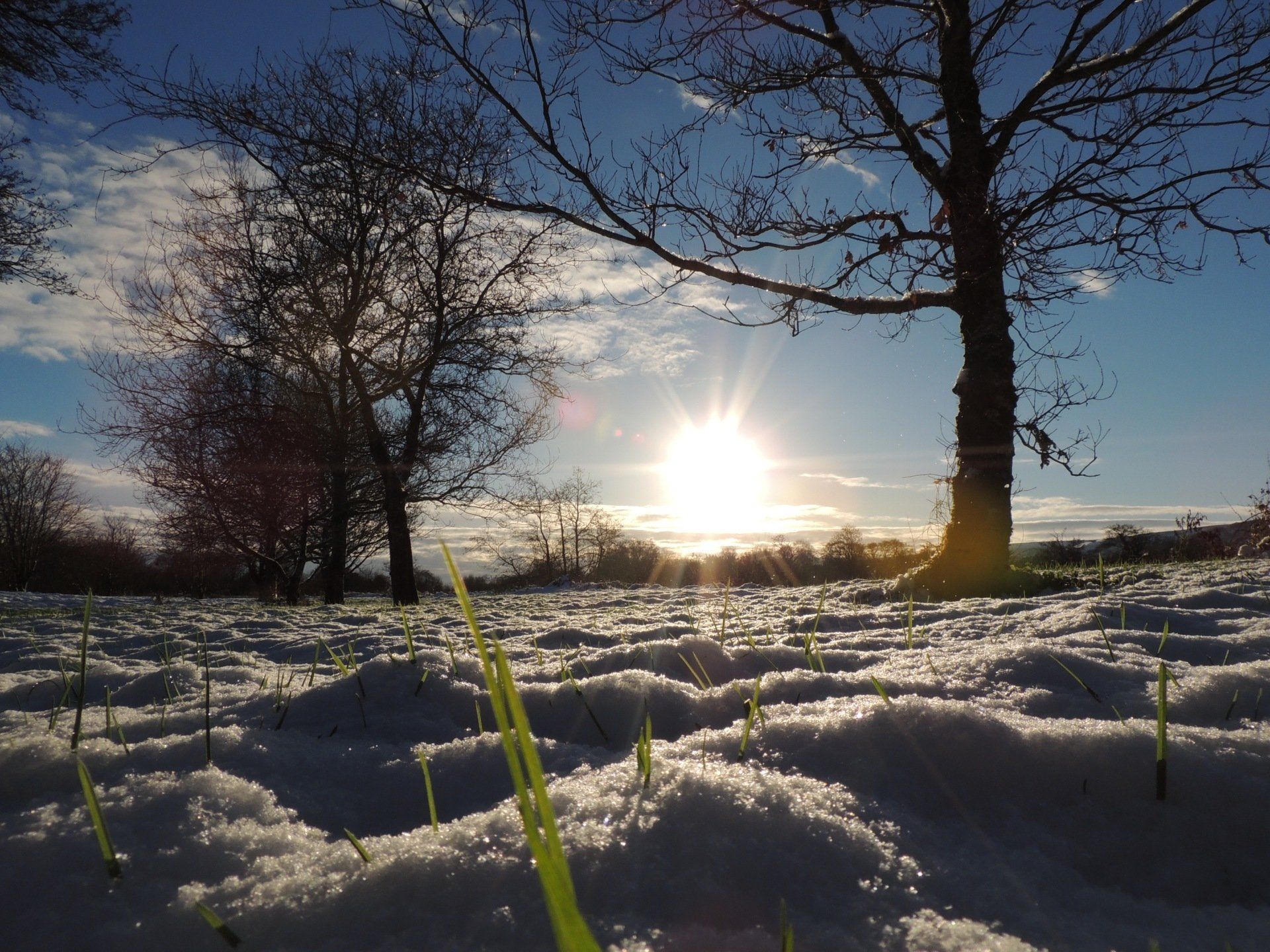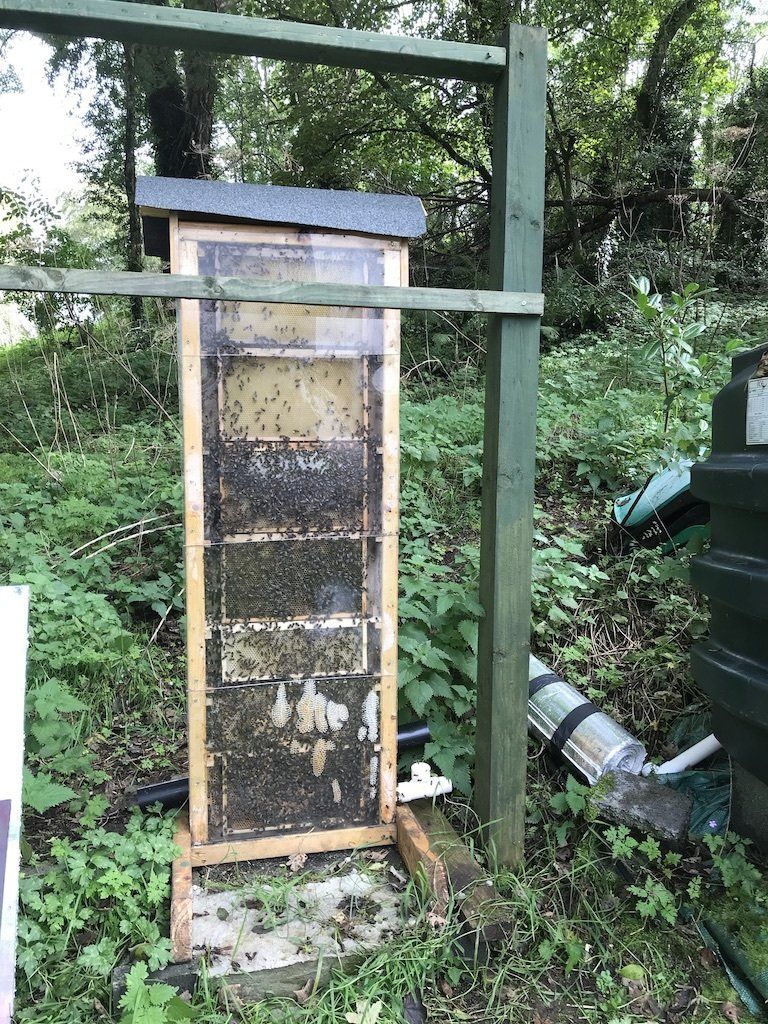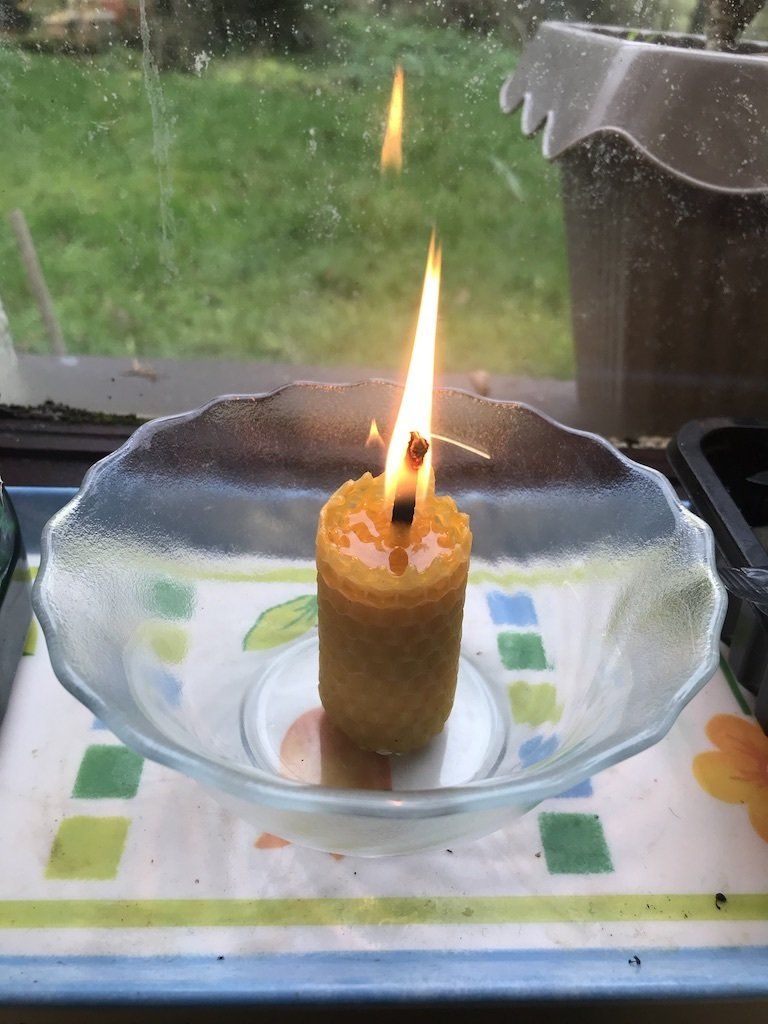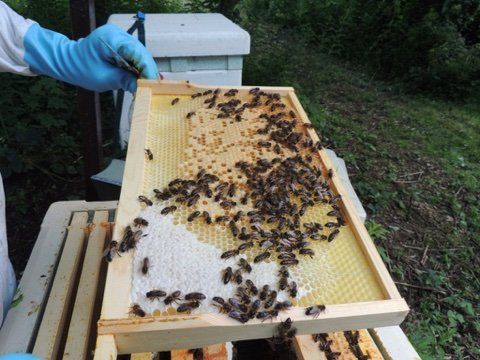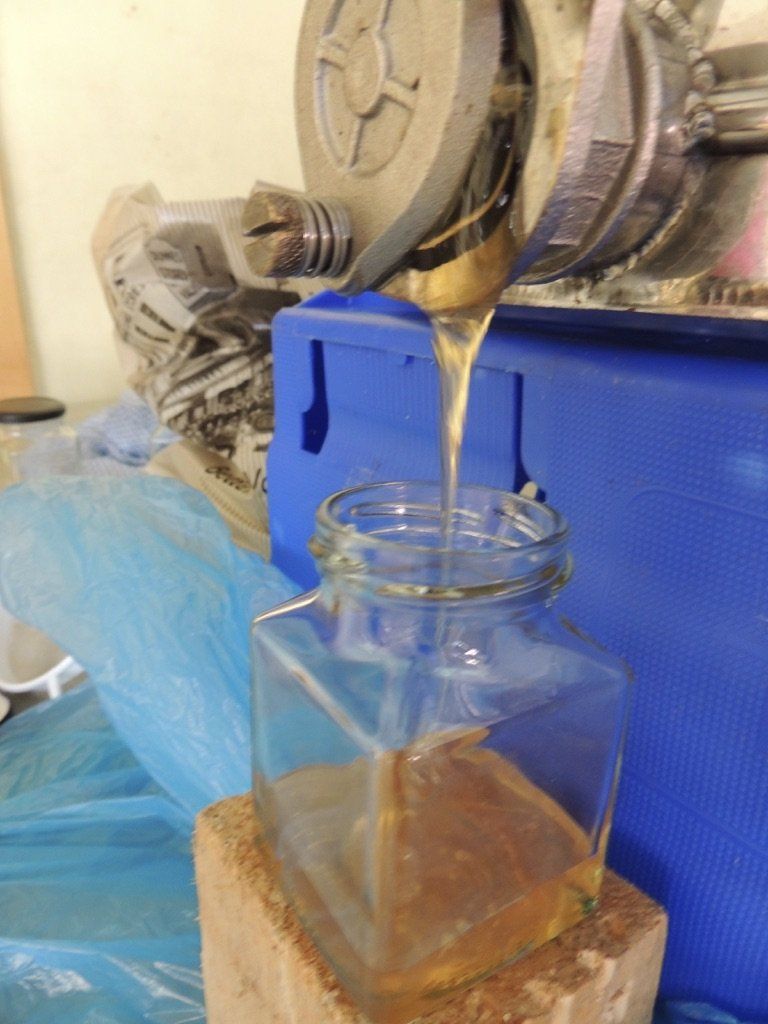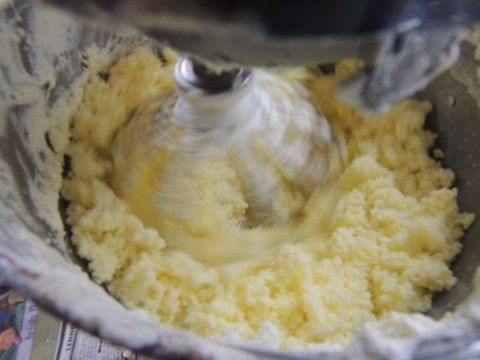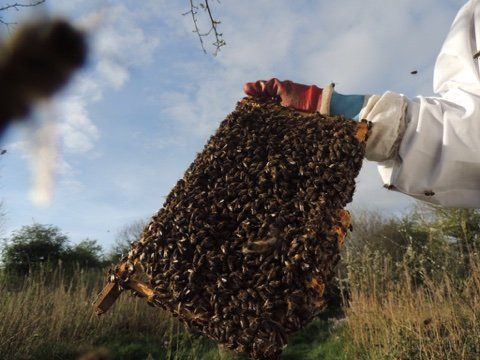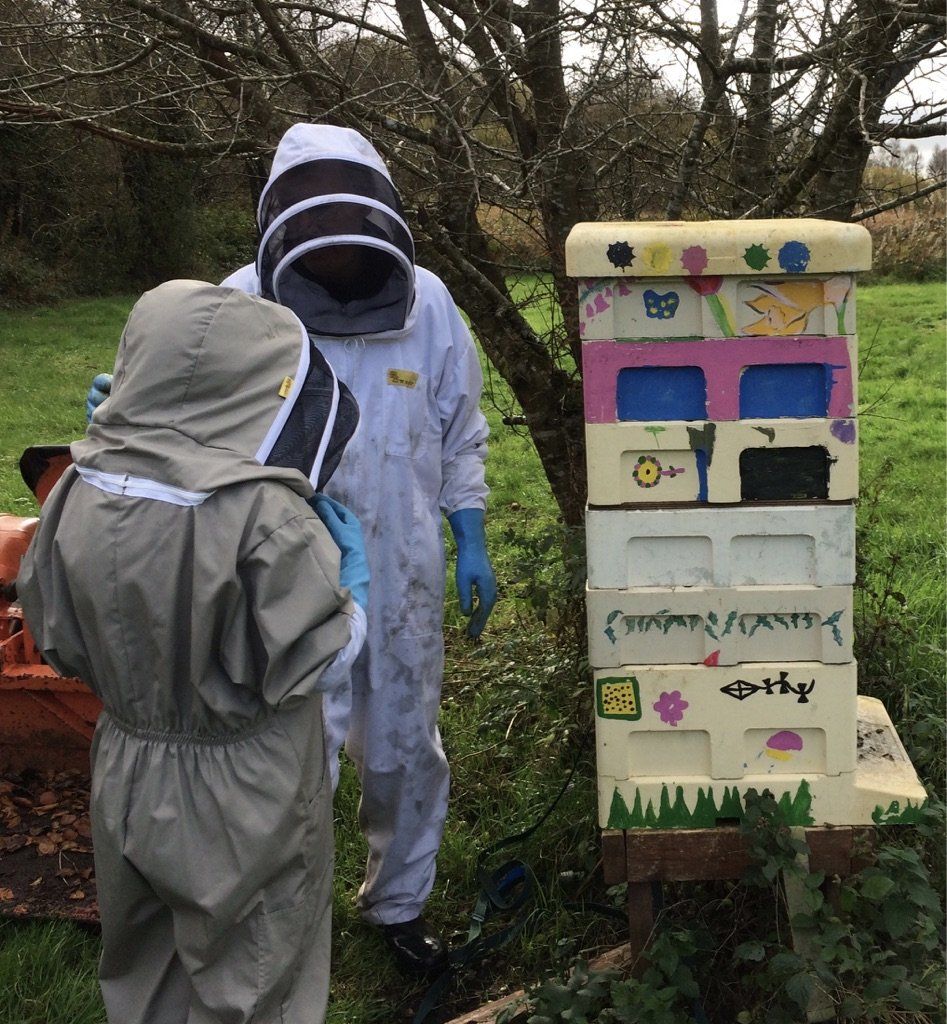Annaghill Allusions
Annaghill Apairy
Inspiring With Bees
2023 is our 8 th Year taking care of Bees in Annaghill. Our principle focus is on using the Apairy to encourage Young People to take an interest in nature, in local environmental issues and in global sustainability.
Through AAbees we Currently we have bees in 10 locations.
A. On the roof-top of the Dept of Agriculture, Kildare Street, Dublin
B. On the roof-top of Hatch Street, Dublin 2
C. On the roof-top of Riverwalk, CityWest Business Campus.
D. On the roof-top of Grand Canal, Macken Street, Dublin
E. On the roof-top of VHI Abbey Street, Dublin
F. On the roof-top of La Touche House, Dublin
G. On the roof-top of Waterside, Citywest Business Park
H. On 3 private locations in Rathfarnham, Dublin
I. In our principle private Apairy in Annaghill, Kiltimagh, Co Mayo.
J. In our secondary private Apairy in Annaghill, Kiltimagh, Co Mayo.
Bee Keeping Courses
Once a year we host a 10 week 'Introduction to Bee-keeping' course presented by veteran bee-keeper Stuart Hayes. This year the course will start in early March.
Honey
One of the more direct rewards from bee-keeping is, without doubt, the annual crop of local honey from each of our sites. The Honey from Dublin is Darker with a deeper taste. The Mayo Honey is lighter and more inclined to thicken as the Autumn arrives - as Ivy become the main crop available to the bees.
Small amounts of honey can be purchased from us locally but, because of our educational priority we do not sell through commercial outlets.
Observation Hives
One of the area we have recently expanded upon is our use of Observation Hives to allow people to see the Bees in action without having to disturb them by opening the hive.
We have one large observation hive in place in Mayo and are currently designing a Community Observation Hive to be placed in our Community Gardens in Dublin
AABees - Installation and Maintenance
Where To Find Us
Crafts & Activities
In Annaghill we host a range of other activities and crafts by arrangement.........
Aikido
Annaghill Aikido Dojo
The Annaghill Aikido Dojo is a member of the Irish Aikido Association and the Irish Martial Arts Commission
Archey
Annaghill Archery Club
The Annaghill Archery Club is affiliated to Archery Ireland and is an extension of the Whitefriar Aikido Club in Dublin
Leather
Brens Belts
Top quality Leather Belts and other hand-made items by Craft Ireland registered Leather Craftsman Brendan Dowling
& More
Orienteering
Other activities by arrangment include Orienteering, Kayaking, Foraging and a range of other Martial Arts
More Information On Bees
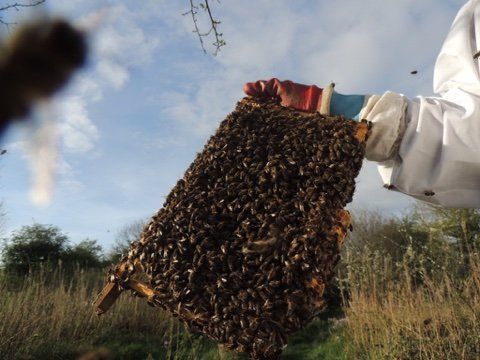
Stings
Yes, bees do sting if they are under threat but they don’t sting randomly. The flight path of bees can be managed by the bee-keeper to avoid members of the public randomly cutting across their route in and out of their hives.Irish Honey Bees.
As members of the Irish Bee Keepers Association we are committed to only promoting the Irish Black Honey Bee ( Apis mellifera mellifera ) which is native to Ireland. There are various other bees available from other sources but none of these will be installed in any of our sites.
As members of the Irish Bee Keepers Association we are committed to only promoting the Irish Black Honey Bee ( Apis mellifera mellifera ) which is native to Ireland. There are various other bees available from other sources but none of these will be installed in any of our sites.
Swarming
There is much public misunderstanding and a little worry around the Swarming of bees. Bees swarm as a natural part of their reproduction cycle. However, contary to public perception, bees are at their most docile when they are swarming. Before they leave their hive they gorge themselves with honey for the journey ahead and are usually too full to bother with you. They are concentrating on following their Queen to their new home and have filled themselves up so that they have food to keep them alive long enough to establish their new colony.
There is much public misunderstanding and a little worry around the Swarming of bees. Bees swarm as a natural part of their reproduction cycle. However, contary to public perception, bees are at their most docile when they are swarming. Before they leave their hive they gorge themselves with honey for the journey ahead and are usually too full to bother with you. They are concentrating on following their Queen to their new home and have filled themselves up so that they have food to keep them alive long enough to establish their new colony.
An important part of the Bee-Keepers skills set is to monitor the colony, to spot the early signs of swarming and to safely navigate the process. Failure to manage the bees' swarming instinct will result in a bee-keeper losing at least 50% of their bees – so we take it very seriously. Managing the swarming instinct properly will result in the bee-keeper having additional hives – more bees and more honey.

